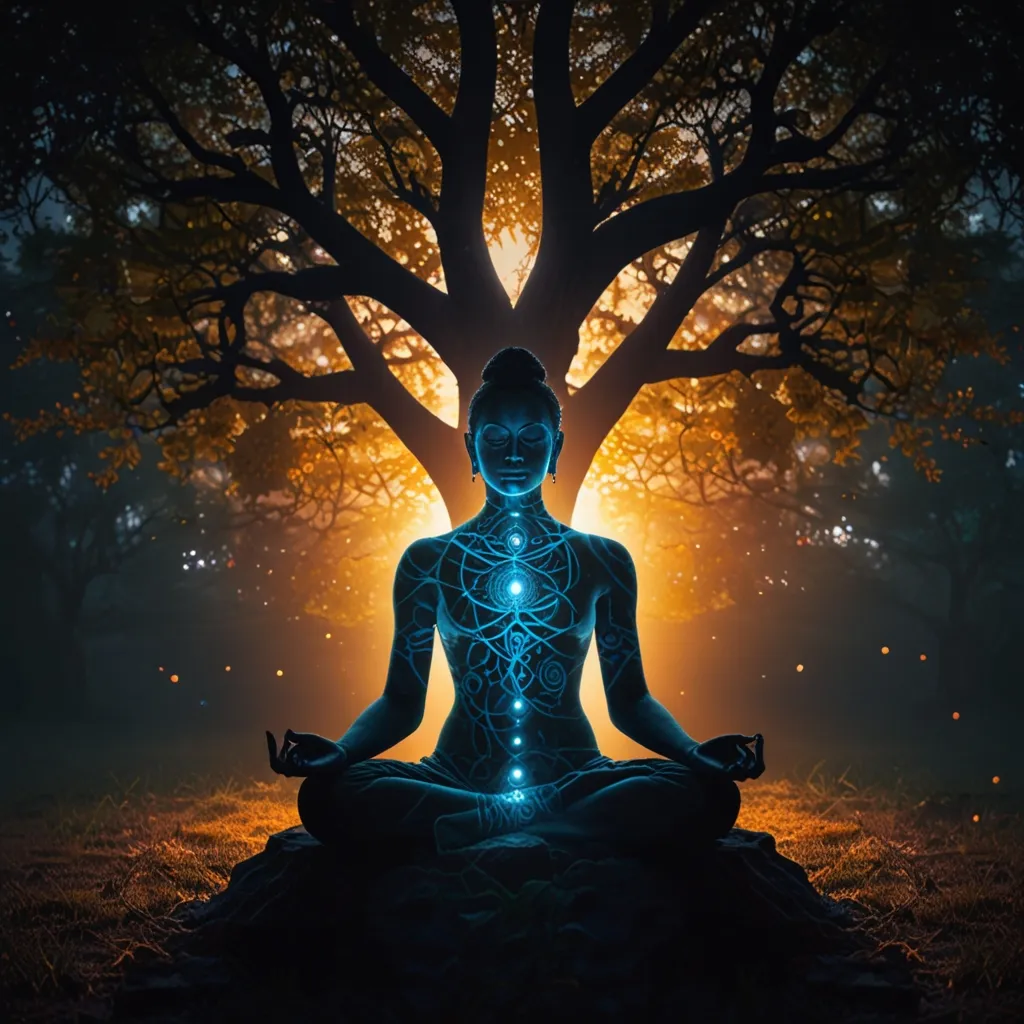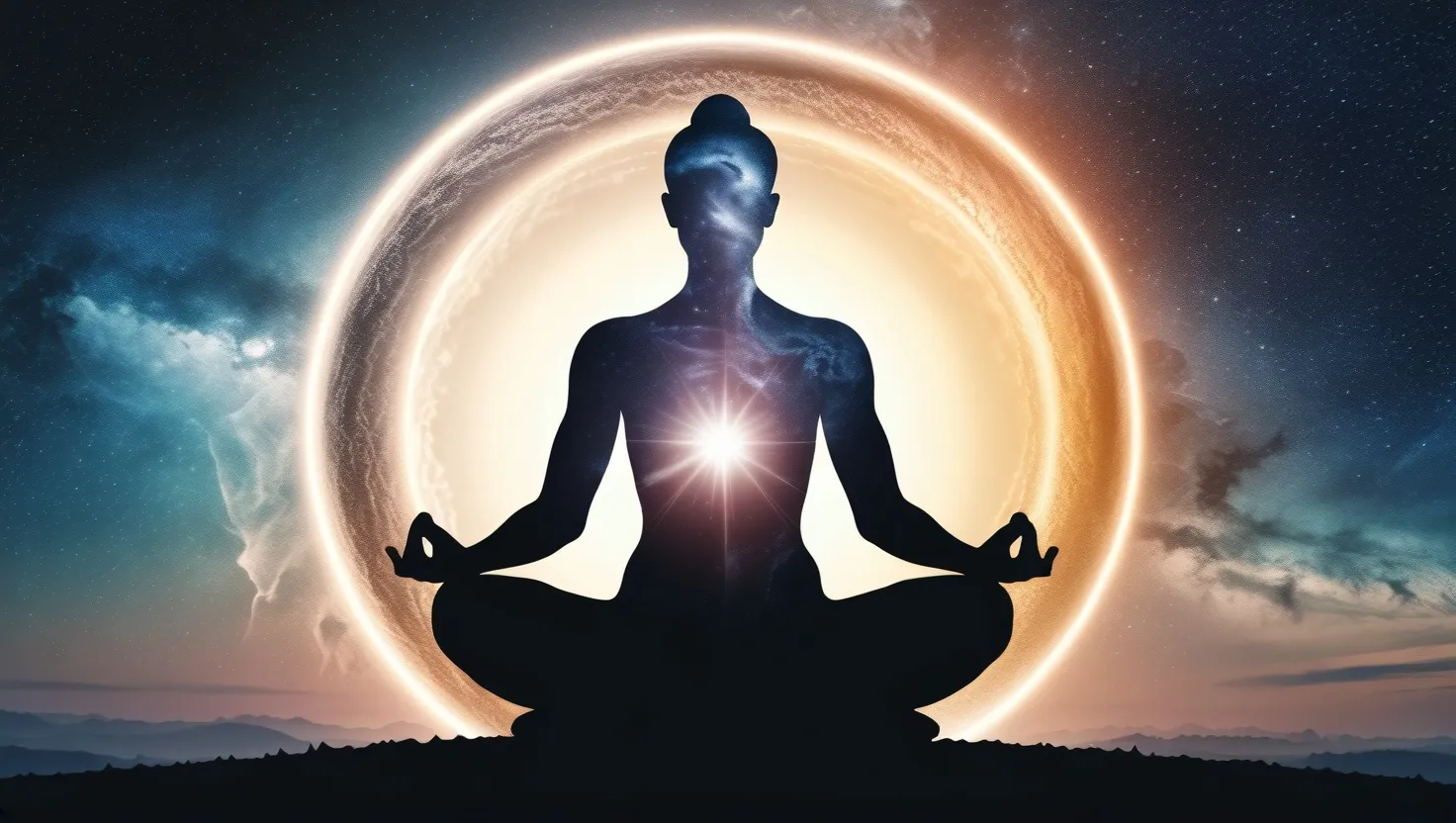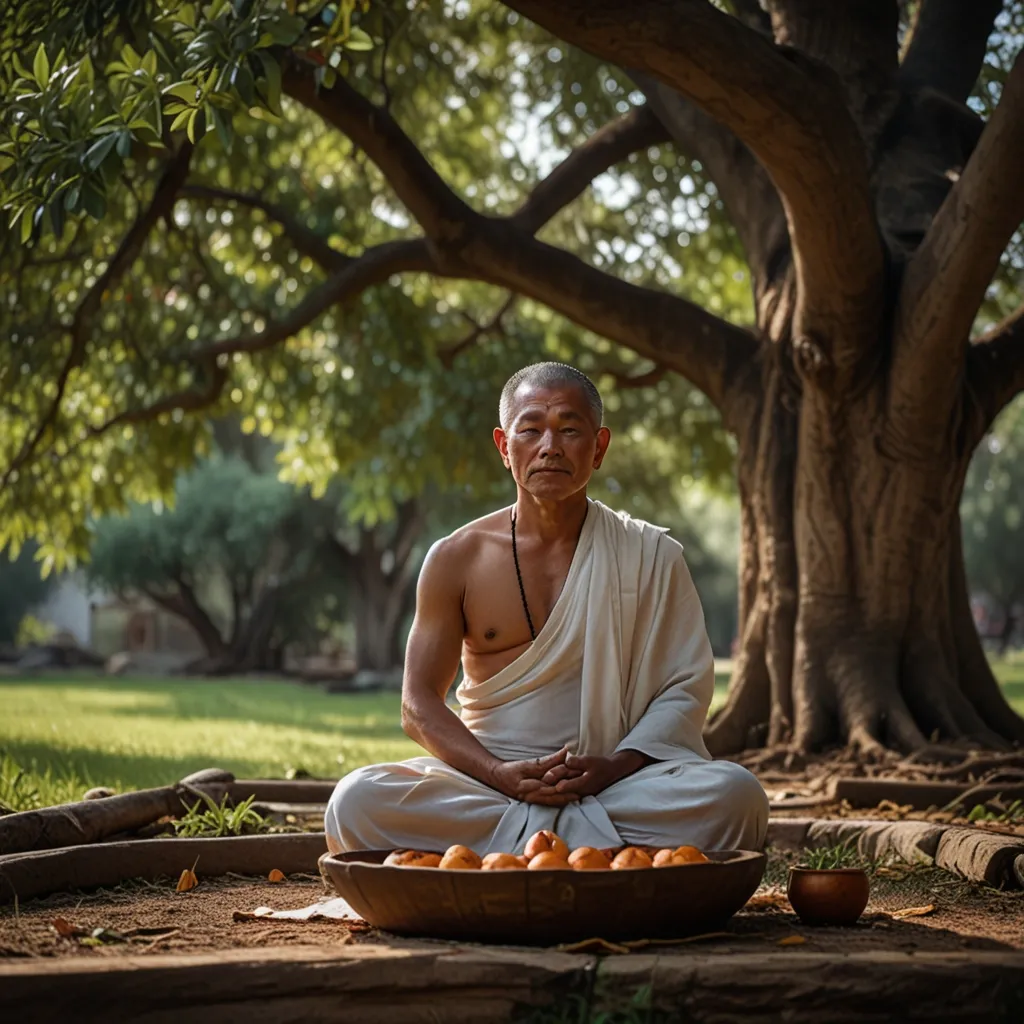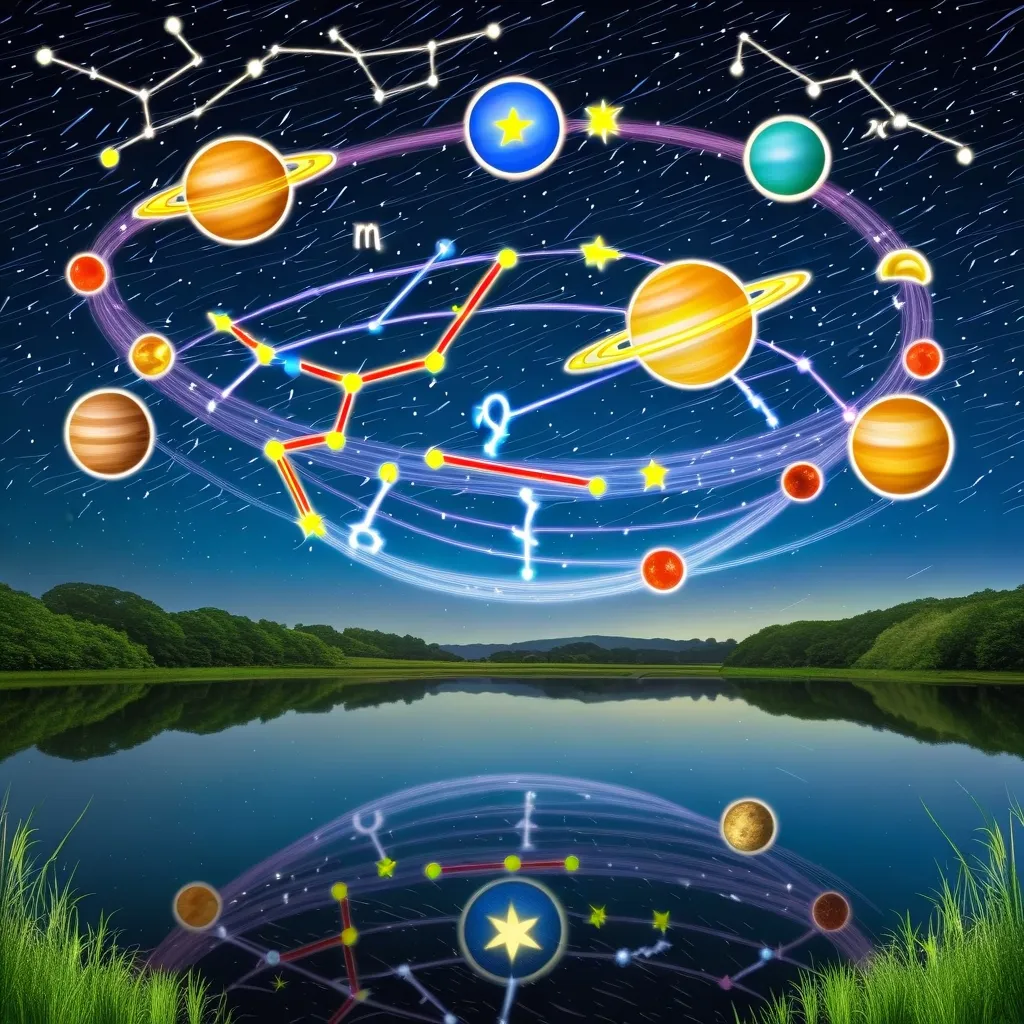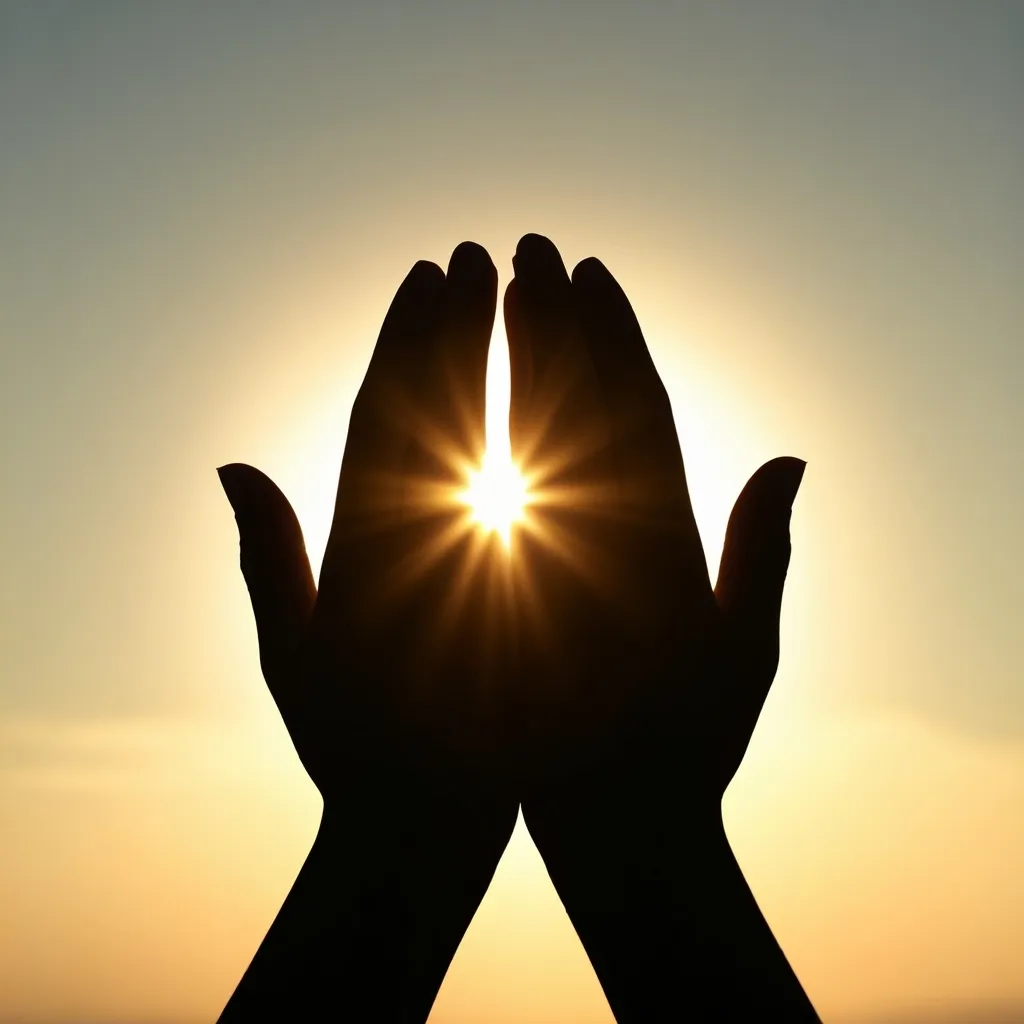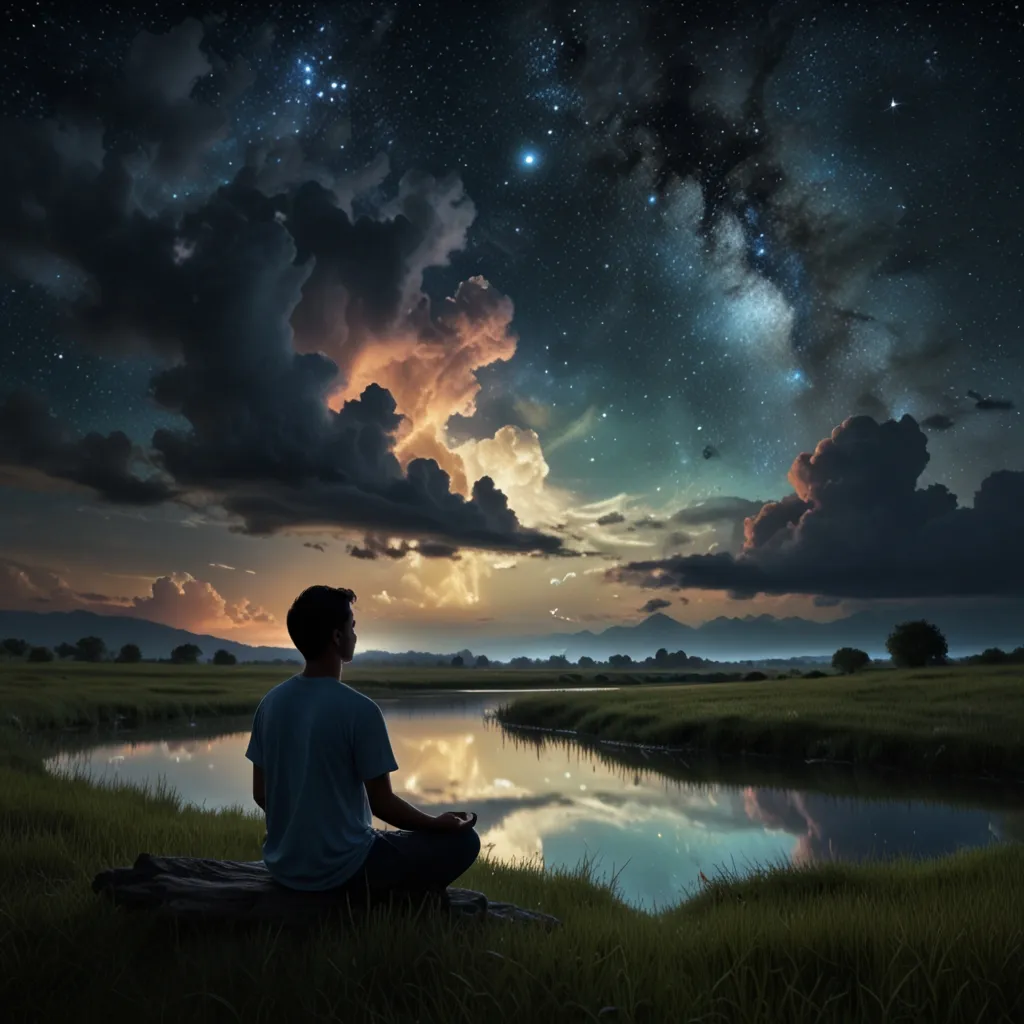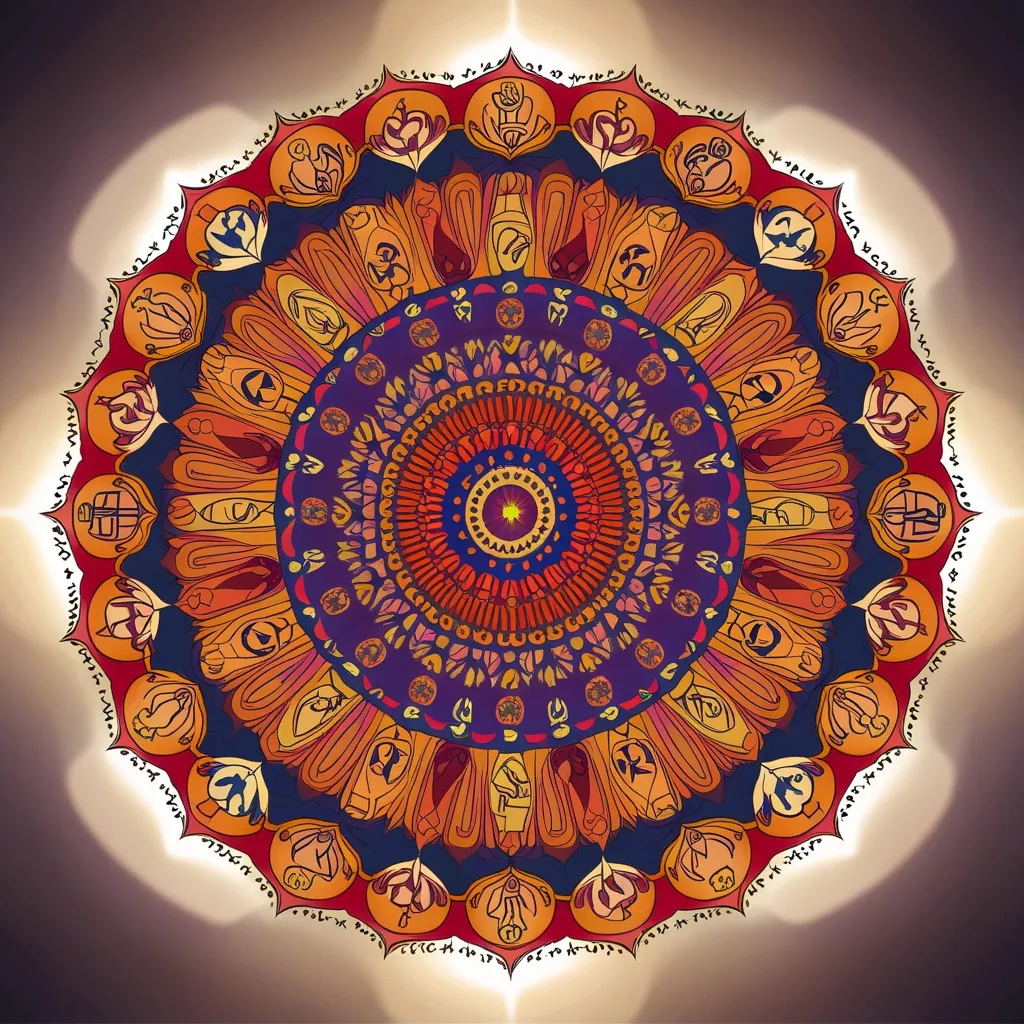Hinduism, one of the oldest religions around, really digs into how the mind and body are connected. It’s all about understanding the big picture and realizing that everything is intertwined. This ancient belief system teaches that real empowerment comes from knowing where knowledge comes from, leading us to link our mind, body, and spirit.
In Hinduism, the body isn’t just a bunch of bones and muscles. It’s seen as a key player in spiritual growth. The body is considered a mini-universe, where every part mirrors the cosmic order. It’s believed that all beings are manifestations of the Divine, making the body a sacred vessel for the soul.
The mind-body connection is super important in Hindu practices like yoga and meditation. These activities aim to balance the physical and mental, bringing us closer to inner peace and enlightenment. Yoga combines physical movements, breathing exercises, and meditation to sync the body and mind. Meditation, on the other hand, helps us look inward, understand our true nature, and find our place in the universe.
Hindu scriptures like the Upanishads and the Vedas dive deep into the mind-body connection. They explore the self and the ultimate reality, known as Brahman. These texts talk about the universe as a never-ending cycle of birth, death, and rebirth, all governed by karma. Good deeds lead to better lives in the next go-round, while bad deeds bring about a lower status. The goal is to achieve moksha, or liberation from this cycle, through moral living and spiritual practices.
Dharma, or righteous living, is a big deal in Hinduism. It covers moral law, ethics, duty, and justice, guiding people to live virtuously. Following dharma helps maintain social order and encourages spiritual growth. It’s not just about your personal actions but also about contributing to the well-being of society and the environment.
Rituals and ceremonies also hold significant weight in Hinduism. They’re designed to link individuals with the divine and keep the balance of the universe intact. Rituals like puja (worship) and yajna (sacrifice) involve physical acts that symbolize spiritual goals. They purify the mind and body, leading to a deeper divine connection.
The high status of Brahmins often ties to their role in safeguarding and interpreting sacred texts. The Upanishads, composed between 750 and 500 BCE, affirm this status and give insights into the nature of the universe and the self. These texts describe the universe as a cycle of birth and rebirth, ruled by karma.
Learning in Hinduism is holistic, combining scripture study with personal experience and introspection. The teacher-student relationship is revered, as teachers guide students in understanding sacred texts and applying their teachings in everyday life. This fosters a deep connection between the mind, body, and spirit, leading to empowerment and self-realization.
All in all, Hinduism offers a profound understanding of the mind-body connection, emphasizing the unity of everything. Through yoga, meditation, rituals, and a strong moral framework, Hinduism guides us to balance physical and mental aspects, leading to spiritual growth and self-discovery.
